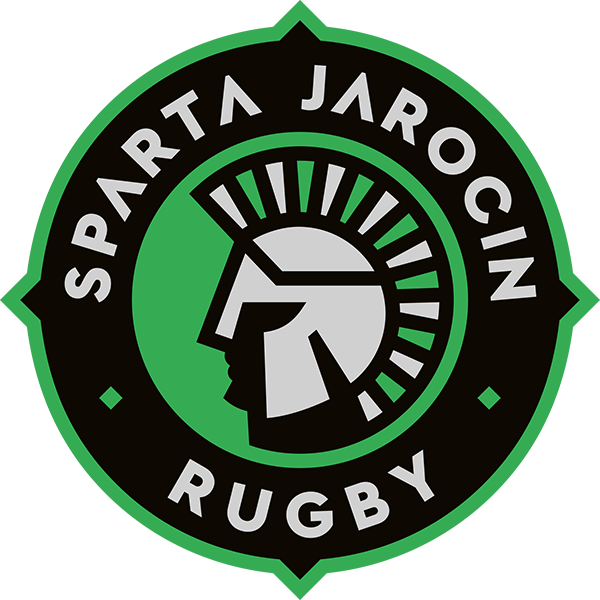Vegetarian diet excludes meat from mammals, birds and fish. It is a diet that is mainly plant-based, but it is not lacking in protein – we obtain it from dairy products, eggs, pulses and their preparations, such as tofu, tempeh or soya drink. It is one of the healthier diets, as it is rich in vitamins, fibre, minerals or healthy plant fats.
Types of vegetarian diet
We distinguish between several types of vegetarian diet:
- lactovegetarianism – excludes neither eggs nor dairy products,
- lactovegetarianism – excludes eggs, but not dairy products
- ovovegetarianism – excludes dairy, not eggs
Our vegetarian diet excludes neither dairy nor eggs, so we can otherwise call it a lactovegetarian diet!
Protein on a vegetarian diet
Protein is responsible for immune processes, muscle development, health, cell formation and structure, oxygen transport and many other processes that are extremely important in our body. We obtain protein in a vegetarian diet from products such as:
- yoghurts (Greek, natural, soya)
- cheeses (cottage cheese, quark, yellow cheese, mozzarella, cheddar)
- pulses (lentils, beans, chickpeas, edamame, green beans, broad beans, green peas, peas or soya beans)
- eggs milk and vegetable drinks (especially soy drinks)
- nuts and seeds
- Whole-grain pasta, pulses, groats or quinoa

Healthy fats on a vegetarian diet
Vegetable fats are better quality fats than animal fats, because vegetable fats are made up of unsaturated fatty acids – their structure allows them to be more ‘flexible’, and they do not contribute to the development of cardiovascular diseases such as atherosclerosis or heart attacks. Their action is anti-inflammatory, they have a beneficial effect on the structure of the skin, hair and nails, they support immunity and brain function.
Where do we get fats from in a vegetarian diet?
- Vegetable fats: olive oil, linseed oil, rapeseed oil, sunflower oil, coconut oil, avocados, seeds and nuts;
- animal fats: butter, cream, sour cream.
Is a vegetarian diet for me?
You’re probably wondering about its safety, won’t you ‘develop’ deficiencies? Can women use it and won’t men become less ‘manly’?
Well, a vegetarian diet is suitable for everyone, at every stage of life. As it does not exclude 100% animal products (we still eat dairy products or eggs), there is little risk of vitamin and mineral deficiencies. It is important to remember that the exclusion of meat or fish does not mean 100% exclusion of protein. It is important to replace meat protein with vegetable or egg protein or dairy products.
A vegetarian diet is good for the planet!
Climate change, global warming, pollution, these are problems that are happening and they are real! The environment needs to be taken care of and every little step towards better change is already something! Each of us can do something, and such a little something is better than nothing! Changing to a more plant-based diet is – it may not seem like it – but it is a really big step towards positive change for the environment and the planet! plant-based products require less to produce than animal-based products – what exactly is involved? To produce cereals, seeds, nuts or simply vegetables and fruit, we need a piece of land and water, whereas to produce meat, we need the same, for the production of plants (so that these plants provide food for animal growth) and another piece of land, heat energy – for the growth of our livestock – in addition we produce sewage waste, which in some places is not properly disposed of and again – pollutes the environment. By switching to a more plant-based way of eating – not even completely eliminating meat – we reduce our impact on this environment!
A plant-based diet has a health-promoting effect!
Increasing the amount of plant-based products, rich in fibre and complex carbohydrates, reduces the risk of developing type II diabetes and insulin resistance. A plant-based diet is also very beneficial for these already established conditions! Fibre influences post-meal glucose levels, reduces the energy density of food, promotes a feeling of satiety and thus also makes it easier to lose weight!
Vegetarians have a much lower risk of death from ischaemic heart disease – and this is due to more healthy fatty acids in their diet. These unsaturated fatty acids also have the effect of lowering total cholesterol and reducing LDL cholesterol (the bad one).
Thanks to the high content of vitamins and minerals from fruit and vegetables, this diet has an antioxidant effect and thus reduces the risk of developing cancer. Also, the high fibre content of this diet has the effect of reducing the risk of developing colorectal cancer.
We hope our article has encouraged you to try a plant-based way of eating ????
Try our plant-based diet today!
Popularne pytania:
A: Eat a variety of protein-rich foods such as dairy, eggs, legumes (lentils, beans, chickpeas), tofu, tempeh, edamame, quinoa, nuts and seeds. Spreading protein across meals and combining different plant proteins helps meet daily needs for most people.
A: Many vegetarians benefit from a vitamin B12 supplement or fortified foods because reliable B12 sources are limited in plant-only diets. Depending on sunlight exposure and dietary choices, vitamin D, iron status and long-chain omega‑3s (EPA/DHA) may also need attention — check with a healthcare professional and consider testing if unsure.
A: Yes — building muscle is possible with adequate total protein, sufficient calories and regular resistance training. Prioritise higher-protein foods like dairy, eggs, soy products and distribute protein evenly through the day; protein powders can help if you struggle to reach targets.
A: A well-planned vegetarian diet can be safe at all life stages, including pregnancy and childhood, when it provides enough calories, protein and key nutrients. Pregnant people and caregivers should monitor intake of iron, folate, calcium, vitamin D and B12 and follow prenatal or pediatric guidance.
























